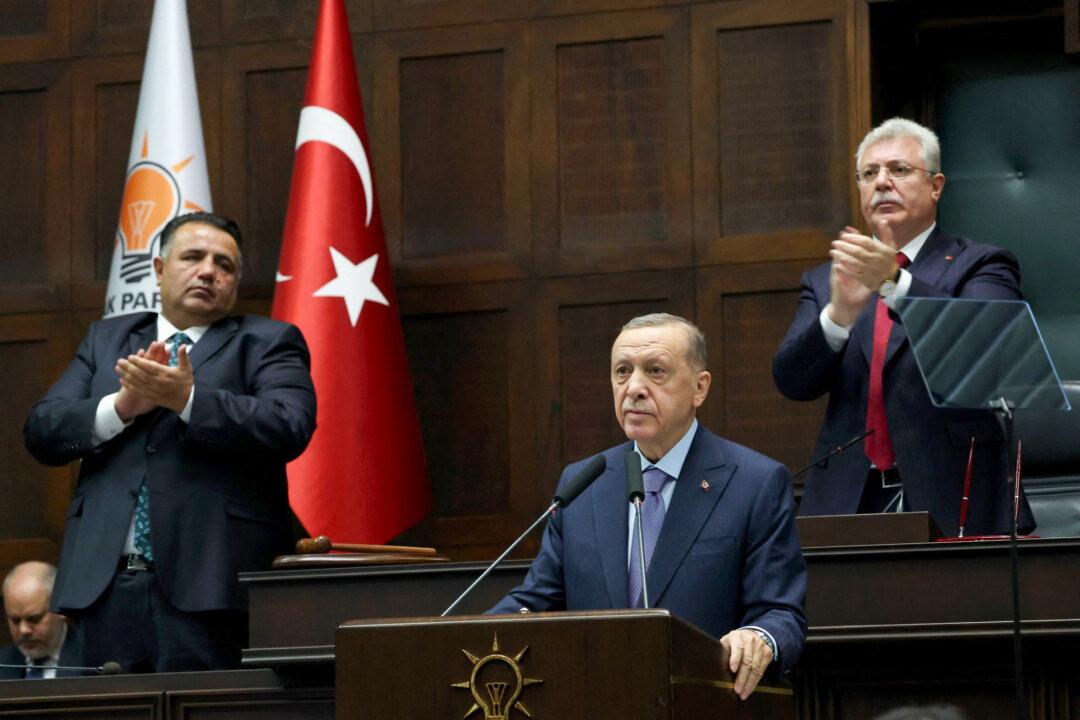Leicestershire Police have removed a social media post that suggested calling a transgender person by their previous name was a crime after the British home secretary intervened.
To raise awareness for National Hate Crime Week, Leicestershire Police put out a post on Saturday on its Twitter account about a fictional transgender person called “Jane.”





